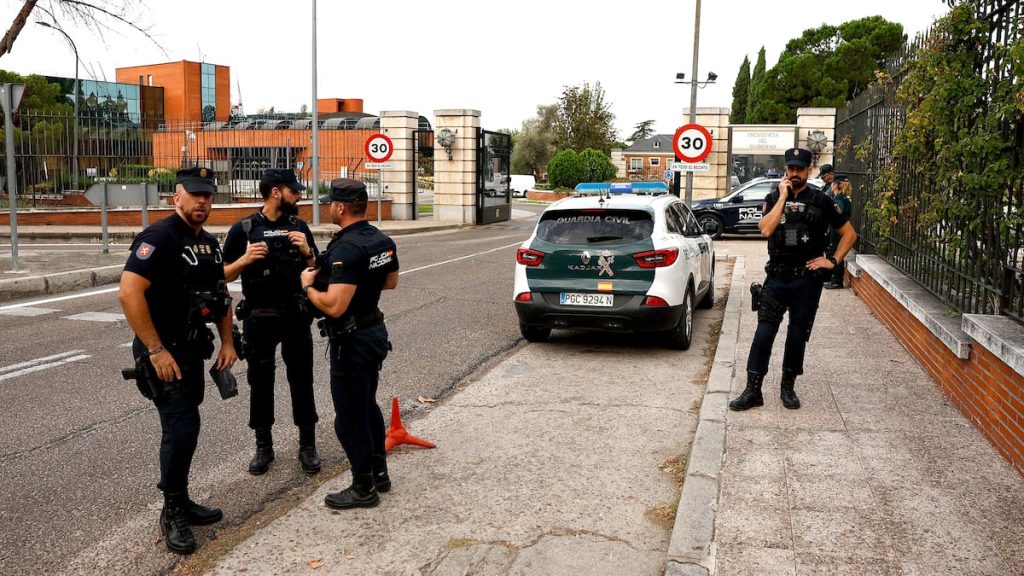This Tuesday, July 30th, is marked by the judicial summons of Spanish President Pedro Sánchez, the first of a sitting president from the Palace of La Moncloa. Sánchez is scheduled to appear before Judge Juan Carlos Peinado, who is investigating his wife, Begoña Gómez, for alleged influence peddling. In addition to the summons, the President faces a full agenda including the final meeting of the Council of Ministers before the summer break and a meeting with the King in Palma. One of the topics on the Council’s agenda is the approval of a law aimed at reducing alcohol consumption and protecting minors from its effects. Meanwhile, the new members of the General Council of the Judiciary are electing their president, who will also preside over the Supreme Court, bringing an end to the longest period of interim leadership due to political deadlock.
The reform of the Organic Law of the Judiciary will move forward in the Senate on Tuesday with the rejection in the Justice Committee of the veto proposed by Vox and the partial amendments put forward by various parties. The law is expected to be definitively approved in the plenary session on Wednesday. In a rare move, the Spanish Socialist Workers’ Party (PSOE) has called for a meeting of its Federal Executive Committee on Tuesday, following an announcement by the Republican Left of Catalonia (ERC) of a pre-agreement with the Catalan Socialist Party (PSC) for the investiture of Salvador Illa as President of the Generalitat of Catalonia. The agenda for the meeting has not been disclosed, and it is uncertain if Sánchez will preside over the gathering.
In the midst of these political developments, the Spanish Prime Minister is facing a court summons, a key legislative agenda, and internal party meetings. The investigation into his wife’s alleged wrongdoing adds a personal dimension to the political challenges he must navigate. The ongoing uncertainty surrounding the leadership of the General Council of the Judiciary and the approval of judicial reforms highlight the complexities of the Spanish political landscape. The alliance between the PSOE and ERC in Catalonia further demonstrates the intricate relationships between different political parties at both the national and regional levels in Spain.
The Citación judicial a Pedro Sánchez is a significant event in Spanish political history, as it marks the first time a sitting President has been summoned to court for the alleged involvement of a family member in a criminal investigation. The outcome of the investigation into Begoña Gómez’s alleged actions could have implications for Sánchez’s political future and the stability of his government. The approval of the law aimed at reducing alcohol consumption and protecting minors reflects broader societal concerns regarding public health and underage drinking. The resolution of the leadership vacuum in the General Council of the Judiciary will bring much-needed stability to Spain’s judicial system after years of political stalemate.
Overall, the events unfolding on Tuesday, July 30th, underscore the intricate relationship between legal, political, and party dynamics in contemporary Spain. The ongoing investigations, legislative reforms, and party negotiations all contribute to the complexity of governance in a country grappling with social, economic, and political challenges. The outcome of these developments will shape the future trajectory of Spanish politics and governance, as leaders and institutions navigate through a period of uncertainty and change. The interplay between legal proceedings, legislative initiatives, and party politics highlights the multifaceted nature of democracy and governance in Spain and the delicate balance required to uphold the rule of law while addressing pressing societal concerns.


